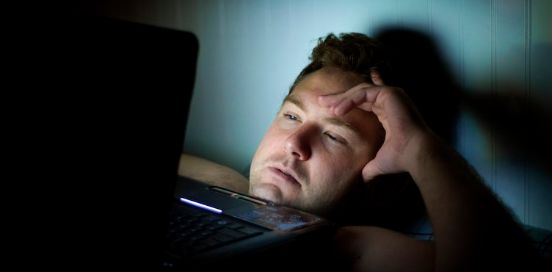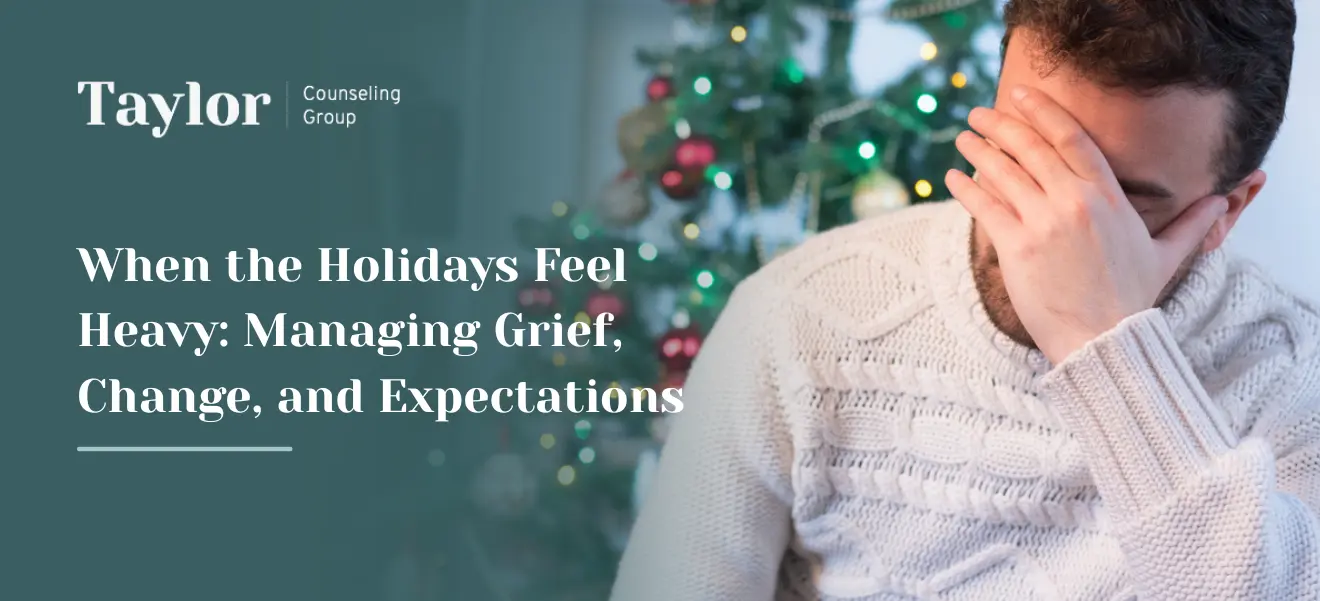Are you tired all the time? Then you may be suffering from a lack of sleep or a lack of quality sleep. There is a growing number of Americans who report that they have trouble getting enough sleep and if they do sleep, they wake up still exhausted and not refreshed at all. Here are some practical suggestions for fighting insomnia or poor sleep. .
Keep a regular sleep schedule
Good, quality sleep is important for good mental health and productivity in your work, your family and your relationships. Getting in sync with your body’s natural sleep-wake cycle—your circadian rhythm—is one of the most important strategies for achieving adequate sleep. If you keep a regular sleep schedule by going to bed and getting up at the same time each day, you will feel more refreshed and energized, than if you sleep the same number of hours at different times. This holds true even if you alter your sleep schedule by only an hour or two. Consistency is vitally important.
- Set a regular bedtime. Go to bed at the same time every night. Choose a time when you normally feel tired, so that you don’t toss and turn. Try not to break this routine on weekends when it may be tempting to stay up late. If you want to change your bedtime, help your body adjust by making the change in small daily increments, such as 15 minutes earlier or later each day.
- Wake up at the same time every day. If you’re getting enough sleep, you should wake up naturally without an alarm. If you need an alarm clock to wake up on time, you may need to set an earlier bedtime. As with your bedtime, try to maintain your regular wake-time even on weekends.
- Nap to make up for lost sleep. If you need to make up for a few lost hours, opt for a daytime nap rather than sleeping late. This strategy allows you to pay off your sleep debt without disturbing your natural sleep-wake rhythm, which often backfires in insomnia and throws you off for days.
- Be smart about napping. While taking a nap can be a great way to recharge, especially for older adults, it can make insomnia worse. If insomnia is a problem for you, consider eliminating napping. If you must nap, do it in the early afternoon, and limit it to only twenty to thirty minutes. If your nap is longer than thirty minutes, you will most likely wake up drowsy and sluggish. That’s because you have slept long enough for your brain and body to start REM or deep sleep.
- Fight after-dinner drowsiness. If you find yourself getting sleepy way before your bedtime, get off the couch and do something mildly stimulating to avoid falling asleep, such as washing the dishes, calling a friend, or getting clothes ready for the next day. If you give in to the drowsiness, you may wake up later in the night and have trouble getting back to sleep.
Discovering your optimal sleep schedule
Find a period of time (a week or two should do) when you are free to experiment with different sleep and wake times. Go to bed at the same time every night and allow yourself to sleep until you wake up naturally. No alarm clocks! If you’re sleep deprived, it may take a few weeks to fully recover. But as you go to bed and get up at the same time, you’ll eventually land on the natural sleep schedule that works best for you.
Naturally, regulate your sleep-wake cycle
Melatonin is a naturally occurring hormone controlled by light exposure that helps regulate your sleep-wake cycle. Melatonin production is controlled by light exposure. Your brain should secrete more in the evening, when it’s dark, to make you sleepy, and less during the day when it’s light and you want to stay awake and alert. However, many aspects of modern life can disrupt your body’s natural production of melatonin and with it your sleep-wake cycle.
Spending long days in an office away from natural light, for example, can impact your daytime wakefulness and make your brain sleepy. Then bright lights at night—especially from hours spent in front of the TV or computer screen—can suppress your body’s production of melatonin and make it harder to sleep. However, there are ways for you to naturally regulate your sleep-wake cycle, boost your body’s production of melatonin, and keep your brain on a healthy schedule.
Increase light exposure during the day
- Remove your sunglasses in the morning and let light onto your face.
- Spend more time outside during daylight. Try to take your work breaks outside in sunlight, exercise outside, or walk your dog during the day instead of at night.
- Let as much light into your home and workspace as possible. Keep curtains and blinds open during the day, and try to move your desk closer to the window.
- If necessary, use a light therapy box. A light therapy box can simulate sunshine and can be especially useful during short winter days when there’s limited daylight.
Boost melatonin production at night
- Turn off your television and computer. Many people use the television to fall asleep or relax at the end of the day, and this is a mistake. Not only does the light suppress melatonin production, but television can actually stimulate the mind, rather than relaxing it. Try listening to music or audio books instead, or practicing relaxation exercises. If your favorite TV show is on late at night, record it for viewing earlier in the day.
- Don’t read from a backlit device at night (such as a laptop or tablet). If you use a portable electronic device to read, use one that is not backlit, i.e. one that requires an additional light source such as a bedside lamp.
- Change your bright light bulbs. Avoid bright lights before bed, use low-wattage bulbs instead.
- When it’s time to sleep, make sure the room is dark. The darker it is, the better you’ll sleep. Cover electrical displays, use heavy curtains or shades to block light from windows, or try a sleep mask to cover your eyes.
- Use a flashlight to go to the bathroom at night. If you wake up during the night to use the bathroom—as long as it’s safe to do so—keep the light to a minimum so it will be easier to go back to sleep.
Constant fatigue can be not only the symptom of poor or fretful sleep. Fatigue can be the sign of depression and other mental health disorders. If you try without success to get the sleep you need, please seek the help of your physician and a mental health professional to find out and treat the cause of your sleeplessness and fatigue.






